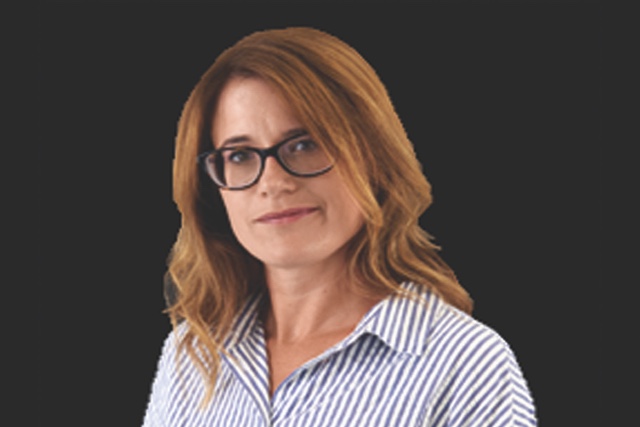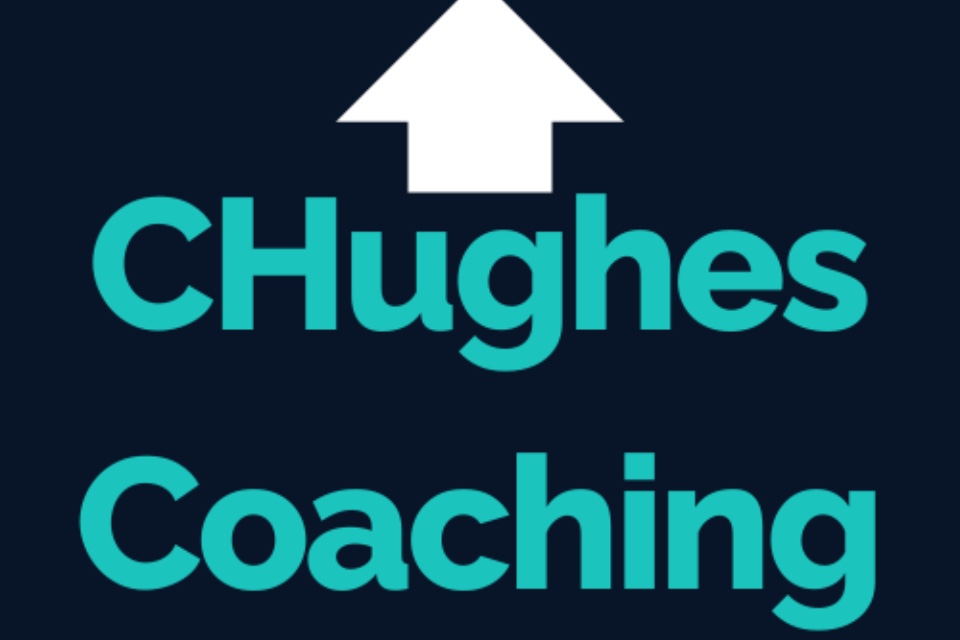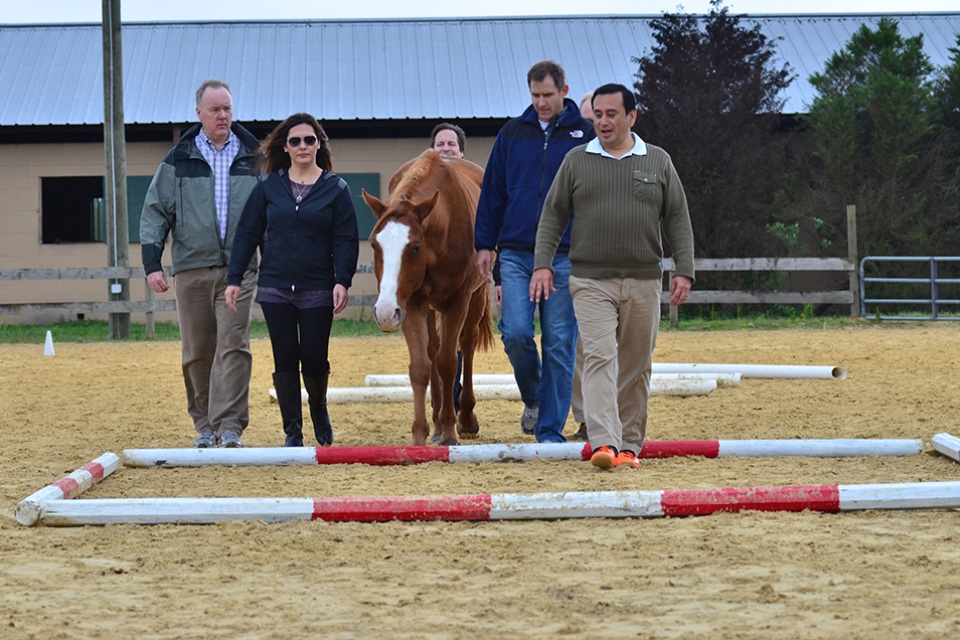In the latest instalment of our HR industry executive interview series, we spoke to Sarah-Jane McQueen, General Manager at Candlefox, about the company, the impact of COVID-19 on the training sector, industry opportunities and the impact of new technology…
Tell us about your company, products and services.
CoursesOnline Workforce Training is a recent addition to the UK’s corporate training space. We stand out from other players in the space due to our commitment to partnering only with the UK’s top education providers offering both premium, accredited courses and an easy way for organisations to streamline and diversify their learning.
We have learning and development at our core and have a keen understanding of some of the challenges faced by L&D practitioners around the country, such as improving learning transfer, promoting and maintaining learner engagement, and making sure a variety of learning styles and needs are accounted for. That’s why we make sure we have the breadth of scope available to offer online courses that include unique features such as live labs and other learning-enhancing technologies, in addition to more traditional components such as high-quality course materials.
We pride ourselves on our commitment to both our students and our partners and we look forward to extending that dedication to organisations seeking to make a difference to their staff and their bottom-life through training.
Please visit www.coursesonline.co.uk/workforce-training/ to learn more…
How has Learning & Development evolved in the past 12 months?
One thing we know about Learning & Development is that its nature and landscape must adjust alongside both societal, global as well as organisational changes in order to best support the workforce and the bottom line. This has also been true in recent months when COVID-19 hit and transformed everything from the way we work and communicate to how and even what we learn.
What the pandemic made apparent in particular is the need for L&D and businesses in general to embrace technology and online learning – something L&D practitioners have been aware of for the last decade but perhaps struggled to implement with low support/impetus from the C-suite. That’s now changing and we’re seeing a rapid digital adoption spearheaded by L&D departments around the country, featuring not only a move-away from classroom-based learning, but also greater agility and responsiveness to individual learner needs as opposed to a one-size-fits-all approach that leaves some learning needs unaccounted for.
How has your business overcome the challenges posed by Covid-19?
When COVID-19 first hit, the team responded in similar ways to everyone else – cycling through feelings of disbelief, fear and uncertainty about how the situation would unravel. However, while all of us would have preferred to be spared the feelings that accompanied the pandemic, we’re happy to say that we have come out a stronger, more efficient and resilient team than we were prior.
And the way we’ve made lockdown work for us is through a mixture of technology (from Slack and Zoom to Mural), regular check-ins from the managerial team as well as an emphasis on employee happiness initiatives such as weekly group mediation sessions, in addition regular social events giving us the opportunity to step out of our respective roles and enjoy each other’s company.
Our staff were also asked to fill out quarterly surveys in which they were able to elaborate on their individual experiences of both their time at the company as well as the challenges posed by COVID-19.
And what have been the biggest opportunities?
The biggest opportunity that came out of this whole experience was learning how to work effectively from home and collaborate on and bring to life projects that involved a large number of stakeholders. Had it not been for the pandemic, we wouldn’t have invested so much time and effort to improve and hone our communications skills via video, presentations, calls and emails. These lessons will continue to serve us even once the pandemic itself is a distant memory.
What is the biggest priority for the L&D industry in 2021?
Making sure the L&D strategy is aligned with what the business needs or where the gaps are to allow the business to pivot to in the future. L&D professionals need to get very close to the day-to-day goals of the business and become a strategic enabler.
With the effects of the pandemic, such as remote working and learning, now here to stay, it’ll become key for L&D to adapt their methods to reach those employees who may no longer be a few doors down from them. This brings us back to technology, which will be crucial in facilitating an easy transition from physical workplaces and learning to digital ones.
What are the main trends you are expecting to see in the market in 2021?
The embracing of emerging, learning-enhancing technologies that will revolutionise the way L&D and learning itself are done and used, in order to prepare workforces for the future.
For example, while we’re already seeing things like VR, virtual assistants, user-generated content and the potential of big data germinate in 2020, with the pandemic serving as a catalyst to technological advancements, it’s likely more and more companies will opt for these to keep up with the changing times.
We’re also likely to see social learning (albeit remote) make its impact in 2021 – something Andy Lancaster of the CIPD predicted at last year’s Learning Summit in London. To clarify, in the social learning approach, people share their learning experiences and values through informal, now mostly online, discussions, which allows others to leverage those learnings in order to improve their own skills. This type of learning will go hand in hand with the decreasing popularity of lengthy degrees in favour of a more self-paced, self-service approach to education.
What technology is going to have the biggest impact on the market this year?
While adoption of technology has been somewhat sluggish beyond webinars, video conferences and learning management systems, we are seeing technologies such as augmented reality, virtual reality and mobile applications make a huge difference to organisations that have embraced it. For example, a number of UK training providers, such as the Grimsby FE & HE Institute, have invested in augmented reality to enable their students to put the things they learn into practice within low-risk settings. The technology has not only raised the profile of this particular provider but also provided their students with highly immersive and engaging experiences that ultimately allowed them to seamlessly transition into their chosen career paths.
In 2025 we’ll all be talking about…?
On-demand, comprehensive, engaging, cost-effective and highly personalised learning benefiting both the learner and the organisation in measurable terms.
What’s the most surprising thing you’ve learnt about the L&D sector?
The openness with which to adapt to change, as evidenced during the pandemic when change became part of the everyday.
You go to the bar at the London/Manchester HR Summit – what’s your tipple of choice?
Having some post-conference drinks with friends and colleagues feels like the biggest luxury after months of virtual conferences! Espresso Martinis and anything with a craft gin would feature heavily – although I’m not sure after months of home measures, I’d legally be allowed to sign off the bar bill as expenses!
What’s the most exciting thing about your job?
Helping people find career happiness each and every day.
And what’s the most challenging?
We’re still a relatively new brand in the UK education space (albeit with the support of a much larger corporation in APAC), so we all muck in and do a bit of everything. There’s always more that could be ticked off before we’re done for the day, so it can be tempting to keep pushing back that sign-off time. One of our challenges therefore has been making sure everyone gets enough time away from their laptops, which is why we’ve also committed to numerous employee wellbeing initiatives and encourage each other to listen to our bodies and know our limits.
What’s the best piece of advice you’ve ever been given?
Expect nothing, appreciate everything.
Baptiste or Game Of Thrones?
GoT.









